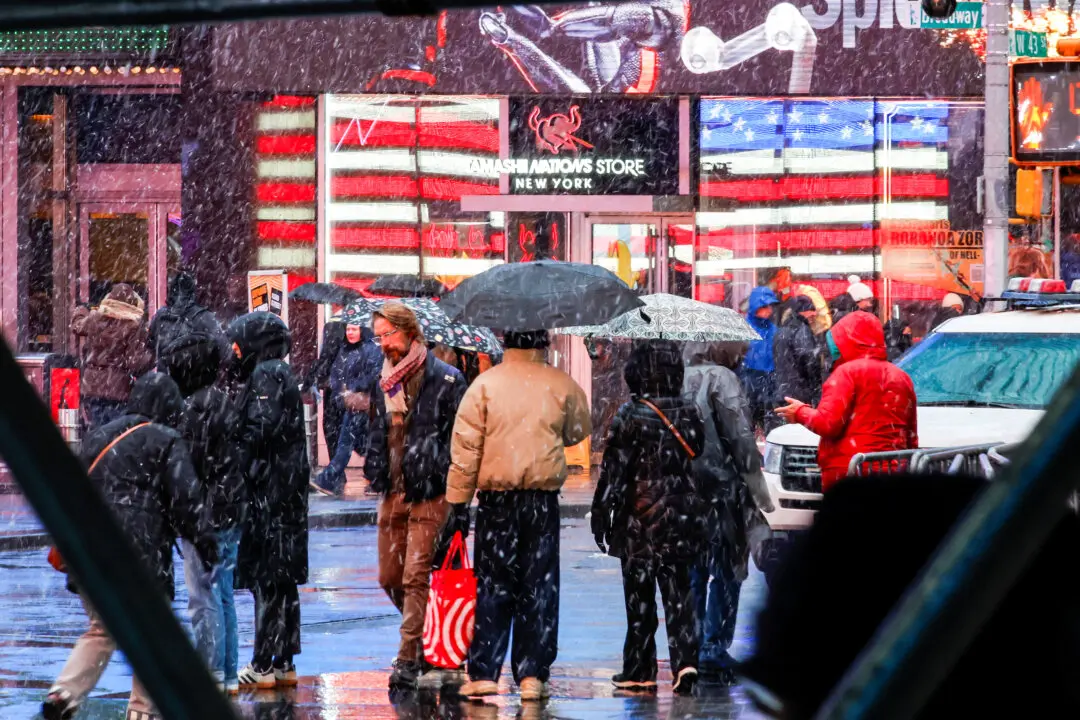TOKYO—The parents of a worker on Japan’s Olympic stadium who committed suicide have petitioned the government to recognize it as “death by overwork”, an official said on Thursday, with media saying he worked 200 hours of overtime a month before his death.
Construction work on Tokyo’s new National Stadium, the centerpiece of the 2020 Summer Olympics, began in December 2016 after a delay of nearly a year over the rejection of the original design in a cost-cutting move.
It is set to be completed in November 2019.
“We can confirm that the parents of a 23-year-old man who committed suicide have applied for workers’ accident compensation,” said an official of a Tokyo branch of the Labour Standards Inspection office, declining to give details because of privacy concerns.
Japan officially recognizes two types of “karoshi”, as deaths by overwork is known: cardiovascular illness linked to overwork, and suicide following mental stress related to work.
In his first year on the job, the man had worked more than 200 hours of overtime in the month before he committed suicide, Japanese media quoted Hiroshi Kawahito, the family’s lawyer, as saying.
Delays fueled the pressure to meet construction deadlines, Kawahito added. “I’m taking today off,” the man said, before he disappeared in March, a month before the discovery of his body and a suicide note.
Kawahito did not immediately respond to requests for confirmation.
Officials of stadium manager the Japan Sport Council (JSC), and Taisei Corp, which leads the joint venture building it, said they were aware of the death.
“We have in the past called on the Taisei-led joint venture and its sub-contractors to scrupulously obey relevant laws, and will renew our calls,” the council said in a statement.
A Taisei spokesman echoed the remark, adding that the man was employed by a subcontractor that bore responsibility for work conditions, including hours worked, but which he declined to identify.
“We as the consortium leader are calling on our subcontractors to comply with the law,” he added.
Ballooning costs prompted Prime Minister Shinzo Abe to scrap the first stadium design in 2015.
In a country that sets few curbs on employers regarding overtime and pay, staff at more than a fifth of companies exceeded a government threshold of 80 hours of monthly overtime, a white paper showed in 2016.





